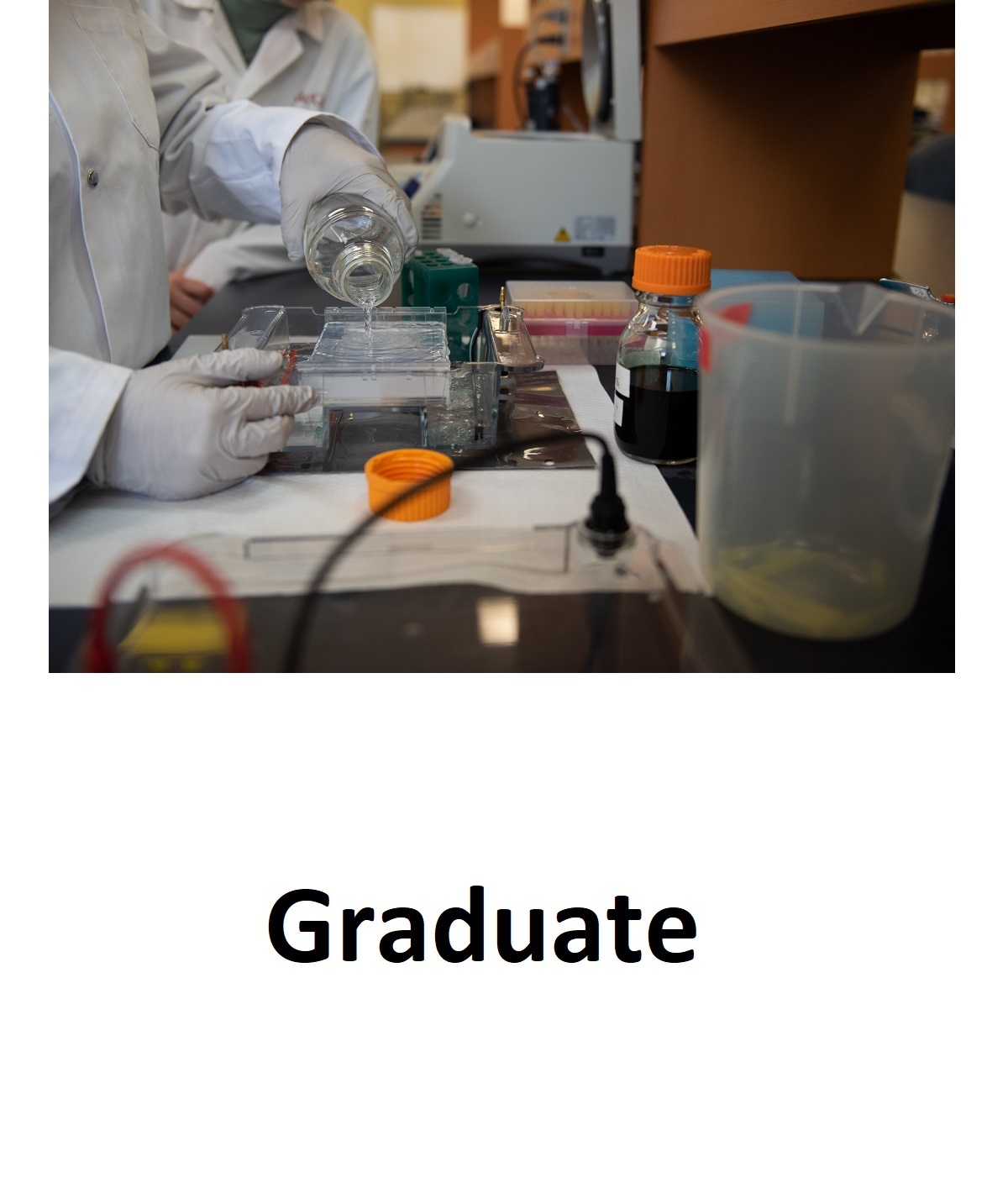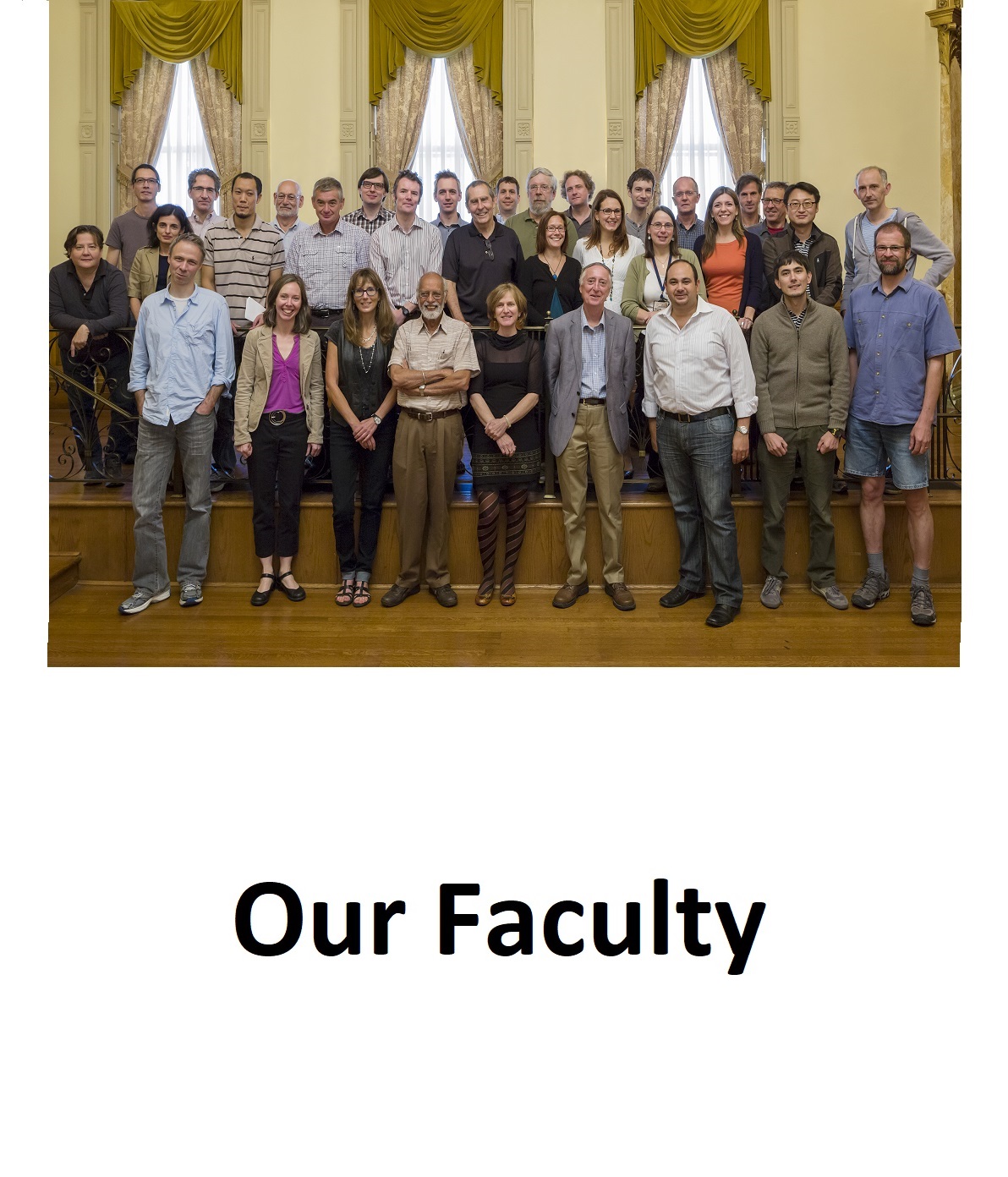Welcome to Biology!
Biology is the study of life, aimed at addressing fundamental questions about the origin, evolution, development, and behaviour of living organisms, from the structure and function of their molecules and cells to the interactions and evolutionary dynamics between organisms and their ecosystems. In the Department of Biology at McGill University, our faculty research the remarkable and often surprising ways in (or by) which life emerges, changes, grows, and dies across a diversity of microbes, plants, and animals, including humans. We offer courses in each of these areas, highlighting the breadth and depth of expertise of our faculty. Understanding Biology helps us to understand the past, present, and future of the natural world that surrounds us, and better appreciate our own place within it.
What's New?
Follow us on BlueSky, Instagram, or LinkedIn
Biology Summer Awards 2025 - see info here
Meet our new Graduate Students!
Find out who they are and what they are working on.
A Glimpse into Biology
In collaboration with the McGill Biology Department, the McGill Biology Student Union (MBSU) presents perspectives and retrospectives of McGill's Biology students.
Do you have news to share with the Department? Submit them here (McGill ID required).



